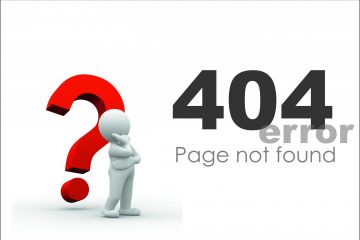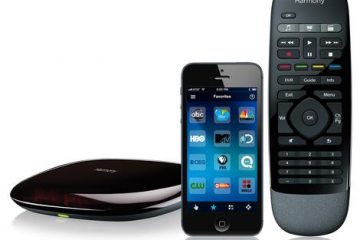This is the time of year that industry pundits begin crafting prognostications for the upcoming year. While 2010 has certainly proven itself a year of great new technology, it seems like 2011 may bring up paradigm shifts and battles over intellectual capitol. Before jumping in to predictions for the new year, let’s revisit 2010 and see how I did.
Solid State Drives (SSD) made significant inroads this past year, every major computer vendor offers an SSD option on a new machine and in many cases this is the only drive type. While drives have not yet hit $1 per gigabyte, they are hovering at these levels and there are some tremendous offers available for drives that are now on sale.
Large storage hard drives made improvements in capacity as well, with 3TB now available and 2TB drives commonly sold at a very reasonable cost. It looks like Hitachi has reached 4TB capacity in their Travelstar series of drives, so this will be something to anticipate in the new year.
Clearly Netflix has all but won the HD streaming market, with nearly all major electronics vendors shipping systems that are Netflix ready. Google is attempting to compete in this market, but they have their work cut out for them. Meanwhile, cloud computing hasn’t really taken off with even the most aggressive estimates putting it at maybe 2% of the typical IT budget. This trend should continue in the new year, IT organizations will continue to revisit how they outsource cloud data and will more than likely absorb the fractional cost of bringing these services back in-house.
Finally, Apple was clearly able to deliver on a tablet computing device and will continue to acquire market share with their visionary iPad. Google is somewhat conflicted in this space, but realistically we should anticipate the demand gravitating towards the iPad for the foreseeable future.
So what does this leave for 2011?
- Programming Paradigm Shifts. While C and Java have remained the most popular languages for quite some time now, both Objective-C and C# have been whittling away at this over the past few years. In this new year, I think we’ll find C# replacing C++ and Objective-C bubbling into the top 5 languages on TIOBE. The popularity of Apple devices and the arrival of Windows Phone 7 will help drive this, and of course the concern developers have with Java now that Oracle is controlling things will further erode market share.
- Applecessories. Everybody will be buying accessories for Apple devices (iPod, iPhone and iPad). The popularity of induction chargers certainly drives some of this, but with the advent of AirPlay many consumers will be looking for ways to connect their portable devices to home stereo and TV systems. This should also translate to the enterprise, where it will become possible to run a presentation from your iPhone wirelessly over an AirPlay connection to a projector.
- Microsoft Acquires Blackberry. If Microsoft is going to continue competing in the smart-phone space, they will need to acquire at least one of the existing market leaders. The acquisition of Blackberry would give Microsoft at least a 15% share of the mobile phone market, this would also give them an opportunity to integrate BES with the Exchange server product directly.
- Google Acquires Netflix. The GoogleTV platform is in its infancy; but realistically Google is going to need a streaming movie provider to power this device as the content on YouTube just isn’t going to be enough. Simply buy the market leader and Google will have exposure to the Netflix streaming service on all GoogleTV appliances.
Of course the other big story will continue to be tablet computing devices, with Apple iPad devouring the greatest market share and Android powered devices just starting to make inroads. The era of netbook computing is fading as consumers discover tablet computers can offer many of the same capabilities with larger screens and longer battery life.
If Microsoft doesn’t acquire a market leader like Blackberry, the Windows Phone 7 platform will be the last version of the Windows mobile platform. They have certainly left the door open for this kind of maneuver, the Phone 7 platform will be marketed at consumers which leaves them an opportunity for a different enterprise solution.
As for Google and Netflix, if Google doesn’t join with a market leader the Google TV will wither and may in fact disappear from store shelves before spring. Google will also need to revitalize their Android platform before the end of next year in an effort to gain platform parity across the many kinds of devices out there, in the process of doing this Google must eliminate Chrome OS.


